Exemplary Teaching Award in General Education 2008
Time: 4:00-5:15pm
Venue: Foyer, Sir Run Run Shaw Hall
Ever since the founding of The Chinese University of Hong Kong (CUHK), General Education has been a key part of the undergraduate curriculum which aims at nurturing students as educated persons with the intellect and inclination to appreciate broad issues of concern to humanity and modern society.
Over 200 teachers offer General Education courses at CUHK, many of whom are dedicated and outstanding. In recognition of their contributions, the Senate Committee on General Education (SCGE) resolved in 2006 to launch the Exemplary Teaching Award in General Education. Nominations are invited from all the GE teachers and undergraduate students. The nominations are reviewed by the SCGE Standing Committee basing on the course design, teaching and learning activities, and tutelage in the General Education courses they offered.
This year, five teachers were nominated for the Award and the Exemplary Teaching Awards in General Education go to three outstanding teachers: Prof. Chang Lei of Department of Educational Psychology, Prof. Chow Po Chung of Department of Government and Public Administration and Ms. Tessa Stewart of United College.
Prof. Chang Lei
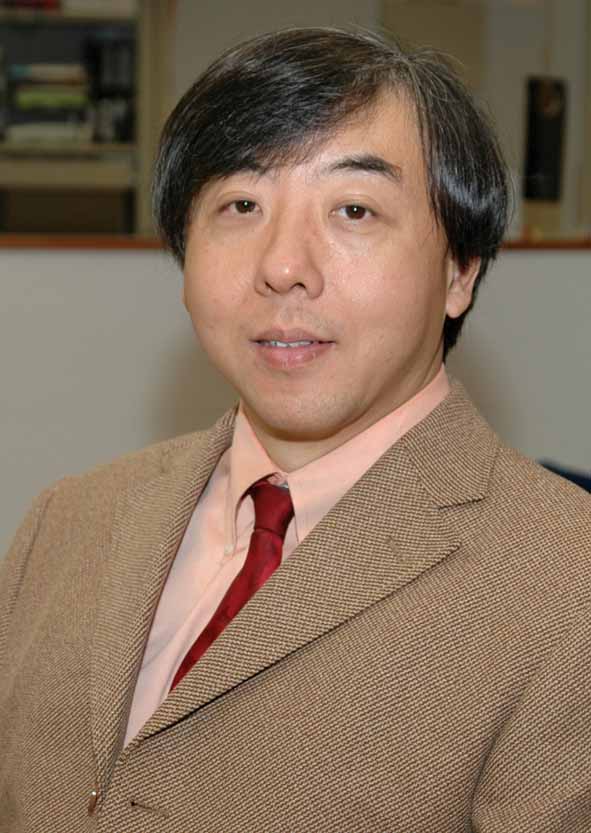
that better fits today's rapid development of knowledge."
Prof. Chang Lei obtained his MS and PhD in Educational Psychology from The University of Southern California. His research interests are broad, and include educational and psychological testing and measurement, applied statistics, evolution and evolutionary psychology, and social developmental psychology. His outstanding research performance won him the CUHK Young Researchers Award in 2007-08.
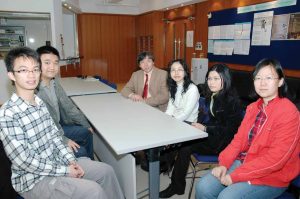
Prof. Chang has been teaching the General Education course UGD230S ‘Evolution, Human Nature, and Behaviour’ since 2006. The aim of this course is to help students build a foundation of knowledge in evolution studies and to enable them to apply the evolutionary perspective to the study of a wide range of issues concerning human development, behaviour, emotions, personalities, and various social issues frequently encountered and observed in daily life. It is Prof. Chang’s hope that the students will be able to use some of this knowledge to reflect on their own lives and thereby better manage or improve their social and family relationships, academic studies, and other aspects of their lives.
The course is designed to cover a wide range of knowledge in various disciplines, including psychology, biology, genetics, and anthropology. Current political, socio-cultural, and economic issues are also examined in class. Prof. Chang explained that these different issues and topics are connected by the thread of evolution through natural selection, which assures the coherence of the syllabus. The course content is rich, stimulating, and well aligned with the GE objectives. It provides students with broad intellectual perspectives on human behaviour and a solid academic framework to reflect on various issues about human nature.
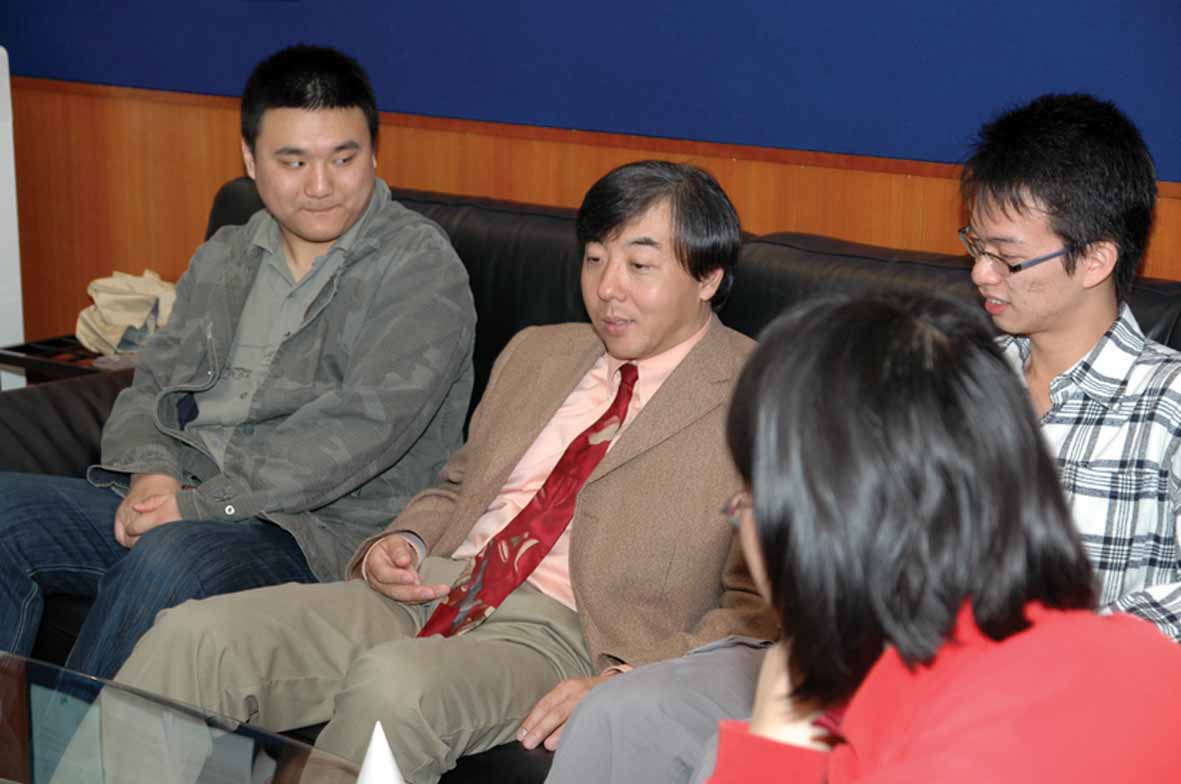
Given the broad coverage of the subject and the large class size, teaching UGD230S to GE students of different intellectual backgrounds is a challenging task. Yet Prof. Chang successfully employs a very proactive approach to teaching in order to engage students in active learning. Lectures are supplemented by in-class discussions and interactive learning activities.
Students are explicitly asked to read and get prepared before attending class. The reading materials that Prof. Chang provides them with are rigorous. They include tailor-made lecture notes, online journals, and references.
Assessments are designed to be an integral part of teaching and learning: continuous class assessments and writing assignments help the students to consolidate their knowledge and enhance their ability to express themselves both orally and in writing. The writing assignments are specially designed to stimulate the student’s thinking. Prof. Chang gives the students useful feedback on their work, the quality of which is quite high. Although students generally find the course to be difficult and the workload heavy, Prof. Chang and the course itself have been highly praised in student evaluations. Students have commended Prof. Chang for his enthusiasm for the subject and for his efforts to nurture students to become active learners. His passion for the subject matter is inspiring. His creative teaching style and good sense of humour have also made it easy for his students to understand the complex concepts of evolution.
Prof. Chang believes that general education is especially important to societies that have traditionally put a heavy emphasis on the training of specialists rather than generalists, because it helps students to broaden their knowledge base and to develop an open mind about knowledge and learning that better fits today’s rapid development of knowledge. He compares knowledge to food ingredients and good teachers to good cooks who prepare nutritious and tasty meals by putting different good ingredients together in the right way and in an appealing manner.
Prof. Chow Po Chung
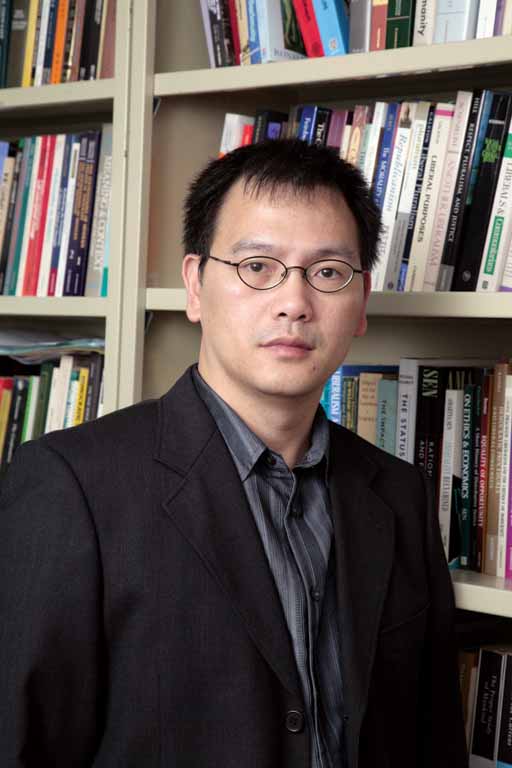
Prof. Chow Po Chung graduated from the Department of Philosophy, CUHK, and obtained his PhD from The London School of Economics and Political Science in the UK. He is currently an assistant professor in the Department of Government and Public Administration at CUHK and was awarded the Exemplary Teaching Award by the Faculty of Social Science in 2007. His research interests include contemporary moral and political philosophy.
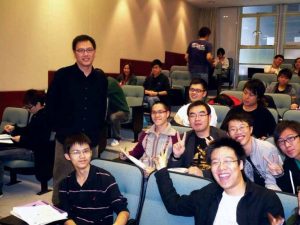
Joining the General Education programme in 2002, Prof. Chow teaches the courses UGD255R ‘Values and Public Affairs’ and UGD266R ‘Issues of Political Philosophy’. He has earned acclaim for both their design and delivery. Students who take these two courses are given the chance to explore classics of Western philosophy, as well as a wide range of newspaper editorials, book reviews, articles from local and overseas magazines, films, and also essays penned by him. Through various media, he introduces profound theories of political philosophy, and by using simple language, helps students to grasp key ideas.
The greatest challenge Prof. Chow faces as a teacher is to provoke curiosity and puzzles in his students’ minds about philosophy, politics, and life. “Learning comes after puzzles,” he says. “Puzzles induce curiosity in a mind to search for solutions. With such a mind, anyone can enjoy the pleasure of study, and anyone can see the connection between knowledge and life.” He regards conversation and the exchange of thoughts as being of paramount importance in reaching this goal, instead of conventional, unidirectional teaching. Therefore, Prof. Chow motivates students to participate in discussions held in lessons, tutorials, and online. He established “Politics, Philosophy, and Life”, an online forum designated for discussion with students anytime, anywhere. A variety of political and philosophical questions are raised to stimulate students into thinking, challenge their values, and inspire them to search for answers together in a candid interchange of ideas. After the end of the course or even after graduating, many students have remained active in the forum, building a rare common ground of thoughts with peers. The “Ploughing Classics Reading Group”, another brainchild of Prof. Chow, allows students to study classic works at his home, regularly and year round.
Prof. Chow hopes that, by means of serious contemplation, students will gradually develop a sense of inquiry, and then learn to read the original classics and write good academic papers. He wants students to feel both pain and joy in his course: “Pain, because they start to realize that life is full of important yet difficult questions about values, which are worth serious consideration, and which thus mean that they need to learn to shoulder due responsibilities. Joy, from being inside the mesmerizing world of philosophy, engrossed in the immense pleasure of the pursuit of knowledge.”
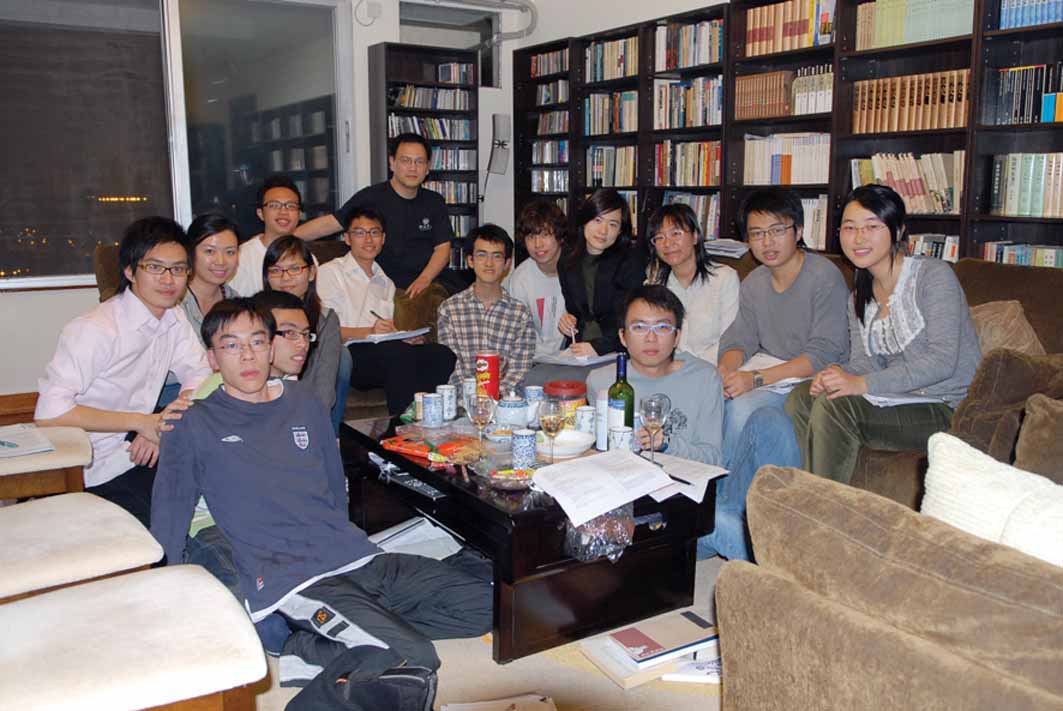
In the article “Liberal Education”, Prof. Chow expressed the wish that “students’ horizons will be broadened through general education, which enables them to understand and appreciate the intrinsic values of different domains in life, and come to notice more possibilities in living…” To experience this painful and joyful process of learning, general education would be a right start.
Ms. Tessa Stewart
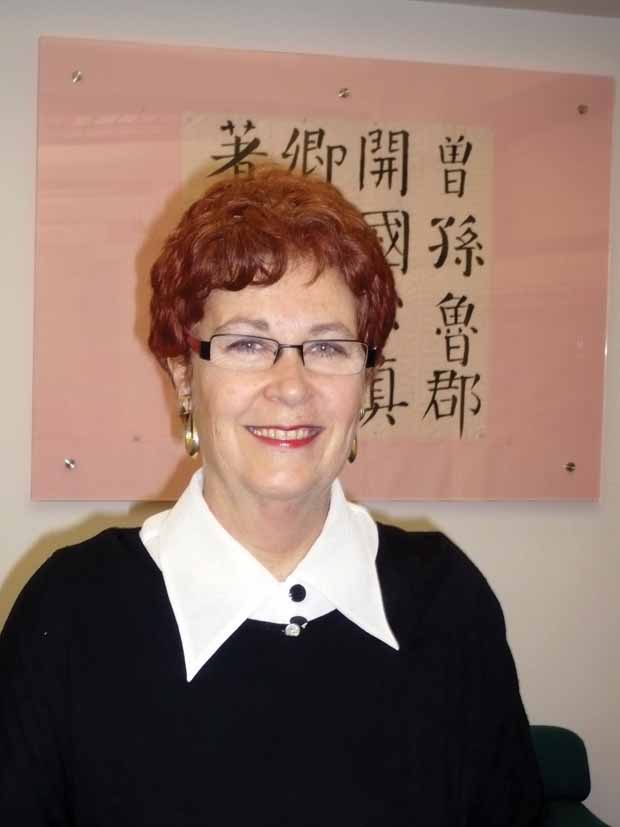
Reflect on all that you do, and search for lasting solutions."
Ms. Tessa Stewart obtained a Bachelor of Social Sciences in Social Studies from Trinity College Dublin in Ireland, and a Master’s Degree in Social Work from The University of British Columbia in Canada. Her area of research is how people are impacted by the cultures and systems in which they live and work. She has experience in teaching organizational behaviour, experiential management training, and cross-cultural communication.
Currently, she is teaching General Education and Continuing Education courses at The Chinese University of Hong Kong, Hong Kong Baptist University, and The Hong Kong Polytechnic University. The courses cover training in interpersonal and professional skills, and cross-cultural communication, with academic assessment based on active learning processes.
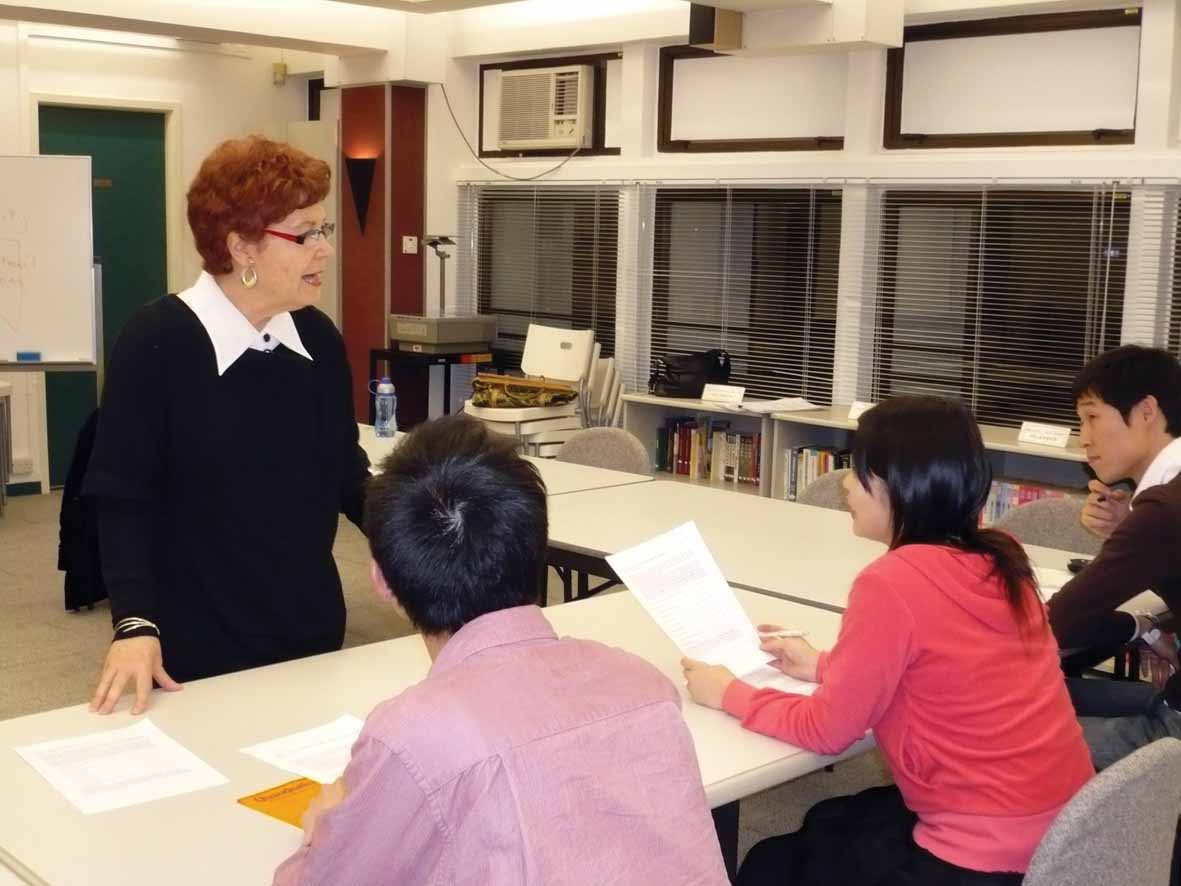
Since 1999, Ms. Stewart has been teaching a leadership course, GEU2012 ‘English for Leadership’, for the United College General Education programme. She has designed the course, which builds on informal learning processes that occur in study, everyday life, and work life. She first invites students to reflect on their leadership situations from a macro perspective. Then, the students are trained individually in the micro skills that are needed for leadership and communication, social networking, and self-management. The course is conducted in small classes, usually with a maximum of 15 students per class.
Ms. Stewart’s teaching method is based on experiential education. She believes that different types of education are required for different purposes. Conventional teaching and training are based mainly on the transfer of knowledge or skills, a process that does not address individual growth and potential particularly well. Experiential learning is adaptable to individual styles, preferences, strengths, and directions. This approach is more likely than conventional prescribed training or teaching to produce positive emotional effects, notably increased confidence, assertiveness, self-esteem, and a sense of personal value and purpose.
Instead of relying on texts, Ms. Stewart makes use of the students’ backgrounds and real-life experiences as a basis for learning. The focus is on how students bring their experiences into the classroom and then apply what is learned into the world outside the classroom, into their everyday lives. For example, role-play exercises are designed to mirror real-life situations so as to develop the students’ interpersonal skills and enhance their ability to use English appropriately in context. At the end of the course, there is a take-home exam paper with three different components: a self-reflective part in which students are asked to detail their personal learning and development as a result of taking the course; an application part in which students should use a real-world example to demonstrate how they have been putting their new self-management skills into action; and the last part, which is based on case studies that the students should analyse and make a judgement of what to do if they were the manager or supervisor in a real-world situation.
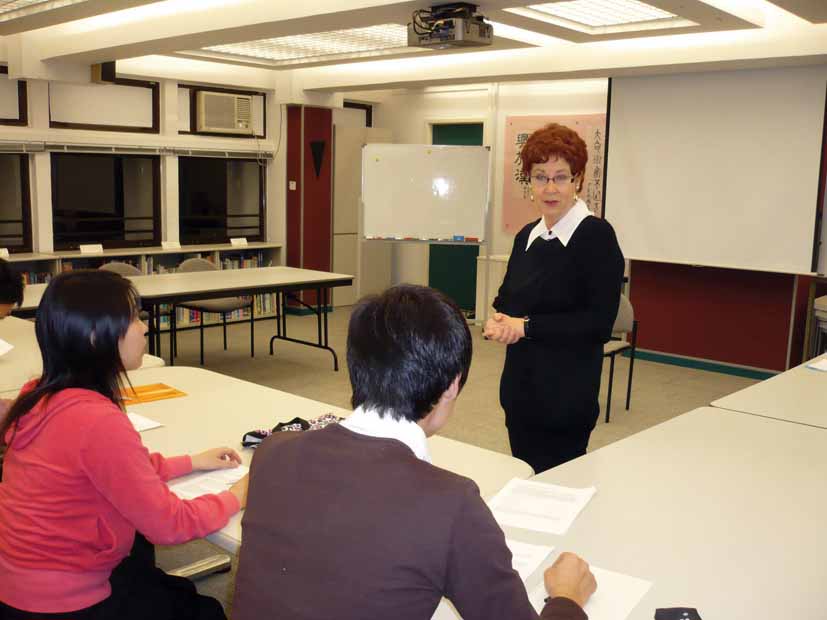
In Ms. Stewart’s class, assessments are ongoing and immediate. Useful feedback, including peer assessments, are given on the students’ individual performance in each class after the role-plays. Students are provided with chances for self-reflection. A self-evaluation questionnaire is administered at the end of each class. Students are required to indicate to what extent they have increased their confidence and ability to use English appropriately as a result of taking the course.
Ms. Stewart believes that general education is very important because a balance of teaching approaches can do much to help the individual grow into a confident and mature person. General education fosters an interdisciplinary approach and emphasizes whole person education, allowing students to engage in active learning. Teachers can thus focus on individual potential and learning styles, as well as on the needs of the surrounding system. General education also gives teachers a place to try different teaching approaches other than traditional class teaching activities, situations, and processes.
